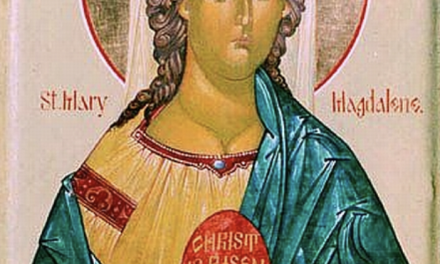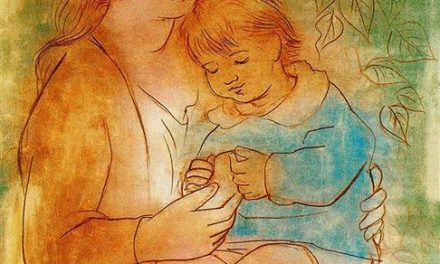Isaiah 62:1-5, Psalm 96, 1 Corinthians 12:4-11, John 2:1-11
Today’s readings kick off the “ordinary” liturgical cycle with a bang, continuing the theme of light to the nations, which dominated the previous two Sundays. Like the other two lectionary cycles, Year C starts with a reading from John’s Gospel, rather than the usual synoptic gospel for the cycle. Odd, isn’t it? Next Sunday, we hear Luke’s version of Jesus announcing the Kingdom of God. But first we get… the miracle at the wedding at Cana. What are we to make of this?
It is always tempting as an ethicist to make the scripture about us, about things we can and must do, but this week’s readings remind us that this is a consideration only after we appreciate what God has done and is doing for us. Of course, we have just past through the Christmas season of readings, in which this theme, of God-for-us, is so apparent. Christmas, Epiphany, and the manifestation of the Spirit at Jesus’s baptism are all celebrations about what God is doing in Christ. Gradually, we come to see the significance of this, for Israel, for the nations, and (last week) as son of God. God is at work.
Yet this week’s readings almost seem to take it up another notch. The first reading speaks of God’s fierce intentions to vindicate his beloved, speaking of Israel is spousal terms – not ones of tenderness so as much as a burning loyalty, a passionate commitment to show the fullness and even ambition of God’s love. And today’s gospel almost feels ridiculous in its excessiveness. Not only does Jesus turn water into wine, but it is the best possible wine. Just like for Israel in exile, things seem lost at the Cana wedding, but God’s intentions are not simply to restore, but to vindicate – not merely to allow the party to continue, but to put it over the top.
Thus, the first thing we are to see about Jesus is that Jesus is the full revelation of God’s glory. If there is anything these readings are about, they are about fullness. And so next week’s readings – where Jesus announces the arrival of the Kingdom of God – represent Luke’s version of the same message that John communicates by signs: now the fullness promised by the prophets has arrived. John’s gospel says this explicitly in its conclusion, narrating for us the importance of seeing John’s gospel in terms of signs that reveal glory. The wedding feast is on. The wine jars are full. God is delivering on the promise to Israel that “nations shall behold your vindication, and all the kings your glory.”
Proclaim God’s marvelous deeds – marveling at them, or rather, as John puts it, believing in the one who does them – is a good way to start off ordinary time. That the disciples come to believe in Jesus based on his signs isn’t about some abstract theology. It’s that they come to trust Him, trust that He is the way. And in seeing that, our first reaction should be like today’s psalm: give God glory, glory, glory. But what else might we do in response?
Perhaps the second reading could be said to give us the picture of fullness from the human side. “Fullness” is ultimately not about any one person, but rather about how we recognize and appreciate different gifts given by the same Spirit. Fullness, from the human side, is not an individual project, but a group project. Living out the Gospel is about unique contributions, but is most importantly about recognizing how the fullness of the Spirit is manifest not in any one gift, but in all of them together.
And this requires some trust, too. Not just trust in others, but more importantly, trust in God who sends the Spirit. In my own life, I find that I am less able to trust the gifts of others to the extent that I forget God’s promises (and commands!). If I remember God’s marvelous deeds, then I can free myself from a preoccupation that another’s gifts might not seem to work from my perspective, or that their gifts don’t fit the plan I had in mind to get us to the Kingdom. Trusting in God’s promise allows me to see other’s gifts as gifts – not as everything, but as something that must be honored, that comes from a Spirit beyond any one of us. The important thing (as St. Paul will go on to say) is (as St. Paul has said earlier) that the gifts be knit together by a common confession of Christ, and that such a confession (as he will go on to say) is above all that in all things, there must be love. Stick to Christ, stick to love, stick together – and the wonder of the different gifts will manifest itself. I always, always hope that in these days of the divided, polarized Church. After all, hasn’t God done the most amazing things before?




